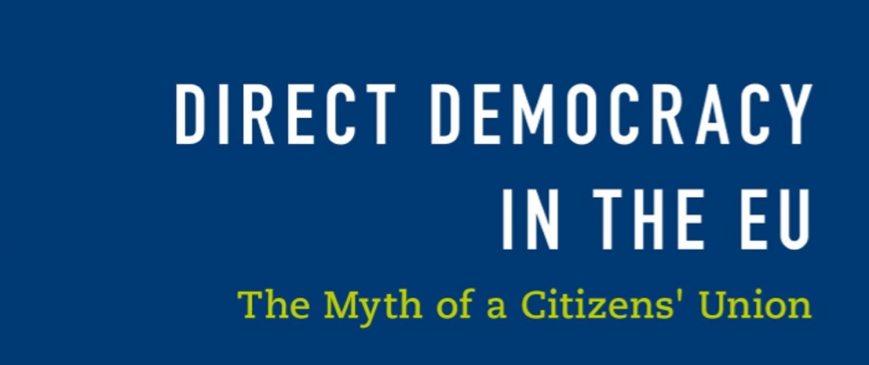
Direct democracy in the EU: The myth of a citizens' union
Agata Gostyńska-Jakubowska and Beth Oppenheim of the CER contributed a chapter titled 'Does democracy work in the UK?', see page 400, in 'Direct democracy in the EU: The myth of a citizens' union'. Their chapter explores how British citizens have used direct and participatory democracy to take decisions about European affairs, and traces the roots and repercussions of these instruments across the European Union. The referendum is the most powerful direct democracy instrument available to British citizens. However, referendums have often been called more out of cynical political interest at critical moments than out of a desire to facilitate genuine democratic expression. Voters have sometimes appeared to lack sufficient knowledge to participate meaningfully. Despite these shortcomings, referendums have been powerful in capturing the public’s attention and increasing civic participation, as seen with the 2014 Scottish independence referendum and the 2016 EU referendum. Direct democracy is most effective when underpinned by a thriving participatory democracy scene, which educates and engages citizens in decision-making in the long term.
